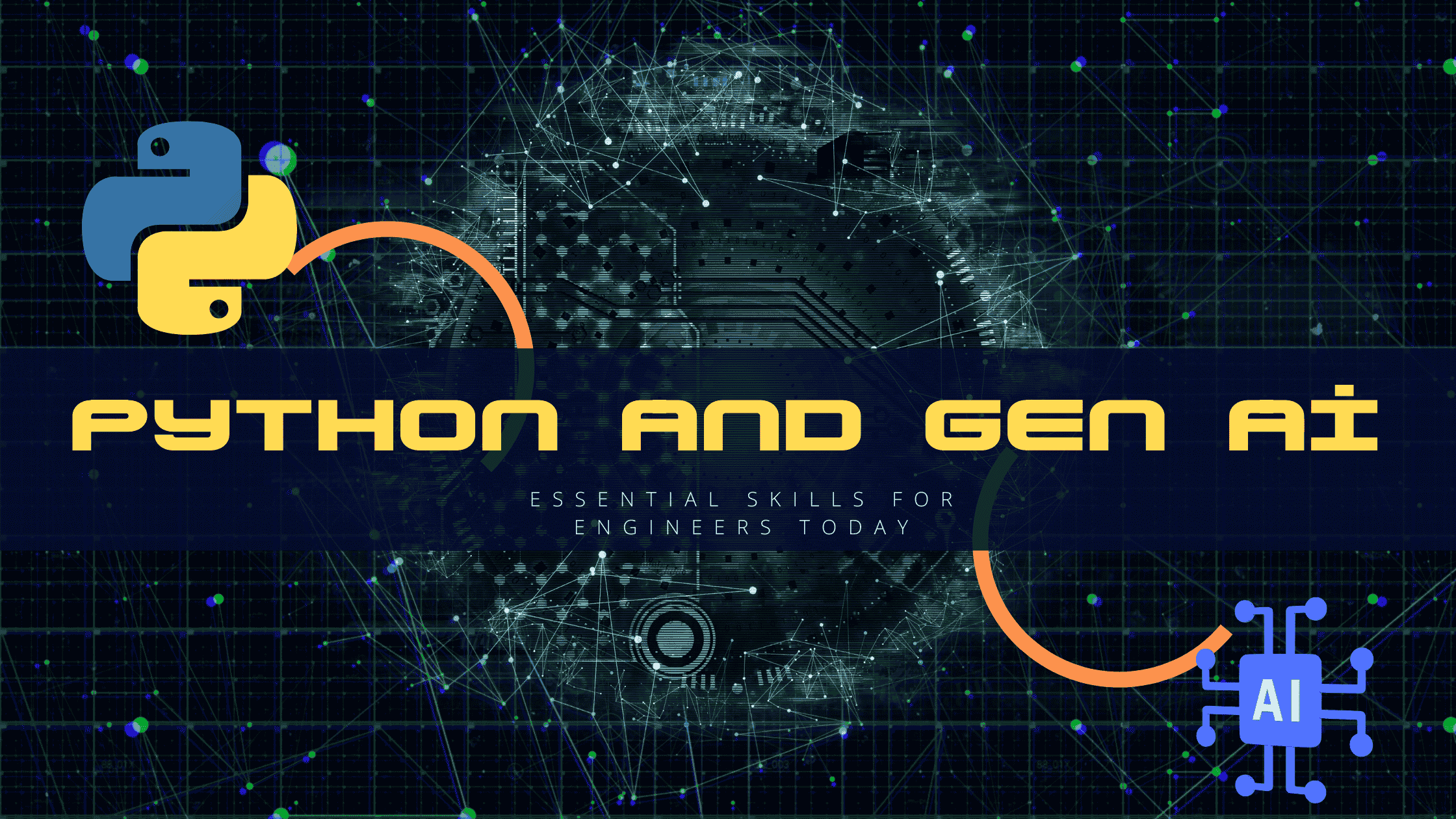The social interactivity in the world of video games has gone through quite a dramatic change over the last few decades. The core of this process is AI in creating the new generation of video games, which is critically important to designing the games in general. AI in the development of next-generation video games has greatly affected game development starting from early arcade games to current ones. In this article, we are going to unveil the ways of using AI in developing the future video games and how it helps to improve reality, functions, and communicative interaction.
The Evolution of AI in Video Games
Early Implementations
At the initial stage of computer game development, AI for creating video games was not as complicated. For instance, early digital games such as Pac-Man relied on simple algorithms to control the movements of the enemies as well as the generality of the play.
Advancements Over the Decades
According to the gradual development of technology, the Artificial Intelligence going into the development of an application such as development of video games became progressively complex. New technique such as the finite state machines and the pathfinding algorithms were invented in the 1990s. Modern AI techniques such as machine learning and neural networks are currently defining the future of AI in creating other new era video games.
AI Techniques Transforming Game Development
Machine Learning
Artificial intelligence or AI which is made of artificial neural networks is a form of machine learning that enables large batches of data to train an algorithm so that it may give better results progressively. In gaming, this means AI in developing video game can learn player’s behaviour to improve and modify video games. For instance, machine learning can help to develop better NPCs that would respond more adequately to the player’s actions.
Deep Learning
A subcategory of machine learning is deep learning that utilises neural networks which contain more layers to identify elaborate structure. That is why in modern video games there can be no mention of such a game changer as deep learning. It can be used to produce excellent graphics and create stunning animations and develop huge game environments.
Neural Networks
Artificial neural networks are designed to mimic the manner in which an individual human brain works. AI in gaming includes activities such as identifying pattern of play of players, anticipating their play and even scripting natural responses from the characters. For the establishment of interactive and stimulating game milieu, this technology is indispensable.
Creating Realistic Game Worlds
Procedural Content Generation
AI in developing next-gen video games’ future is possible through procedural content generation, which means the creation of game worlds on a scale that would be impossible for a human to input manually. Particularly, it generates level and landscapes on the fly right through the given algorithms.
Dynamic Environments
With AI, game worlds can change and evolve based on player actions. For instance, dynamic environments feature weather changes and evolving storylines, which make the game world feel more interactive and alive. Consequently, players experience a more immersive and responsive gaming environment.
Enhanced NPC Behavior
AI in the next-generation video games in the process of developing makes NPCs act more actively and realistically. Instead of patterned movements, voice-overs, and linear decisions, NPCs can react to players and even learn, decide, build objectives, and have their own personalities.
AI in Game Design and Development
Automated Testing
Automated testing powered by AI in developing next-gen video games significantly enhances the efficiency of bug and issue identification. Specifically, AI can simulate various scenarios, thereby providing valuable insights. As a result, developers can ensure that games are polished and ready for release.
Adaptive Difficulty
When it comes to the development of the next generation of video games AI, in particular, can be designed to change the level of difficulty depending on the skill of a player as well as his result. As a result, it is possible to provide an optimized difficulty level that can face even highly professional players but do not allow cheating at the same time.
Game Balancing
Balancing a game involves adjusting various elements to ensure a fair and enjoyable experience. AI in developing next-gen video games can analyze player data to identify imbalances and suggest adjustments. As a result, this helps developers create a more refined and engaging game.
Improving Player Experience with AI
Personalized Gameplay
Integrated AI in creating next generation video games can ensure that the playing experience could be customized. Using data about the players it is possible to personalize different factors of the game, for instance, missions as well as the bonuses offered to the players.
Advanced Character Interactions
AI in developing video games enables characters to engage in more nuanced and meaningful interactions with players. For example, this includes realistic dialogue and adaptive behavior that reacts to player choices. Consequently, characters become more responsive and immersive, enhancing the overall gaming experience.
Real-Time Strategy Adjustments
AI in enhancing next-gen video games can be able to decode game data and make changes or recommendations in real time. Consequently, this leads to a dynamic gameplay environment that changes in reaction to player actions within the game, as it progresses.
AI and Game Narrative
Procedurally Generated Stories
AI can generate dynamic and unique narratives based on player choices and actions. Consequently, this technology enables more diverse and unpredictable storylines, which enhances replayability and player engagement.
Dynamic Dialogue Systems
They conceived that in general utilizing AI in video games makes characters to mimic naturally and or in context with the inputs rendered by the player. Therefore, this leads to more engaging and dynamic dialogues which bring a lot of value to the game narraitve and characters.
AI-Driven Storytelling
The advancement of AI in developing the next-generation video games can be helpful in creating gripping stories by evaluating the paradigm of stories and creating out narrative aspects. Consequently, this technology complements human writers, leading to richer and more complex narratives.
Learn about The Role of AI in Predictive Analysis for Business Intelligence in Our Blog!
Ethical Considerations and Challenges
AI Biases and Fairness
AI in enhancing video games can inadvertently preserve biases present in training data. Therefore, developers must address these issues proactively to ensure fair and inclusive gaming experiences.
Data Privacy Issues
With AI, data privacy becomes a significant concern due to the collection and analysis of player data. Therefore, developers must implement robust data protection measures to safeguard player information effectively.
Impact on Employment in the Industry
During this development, people can raise questions related to the effect of AI on jobs. On the one hand, AI makes certain tasks automated again, on the other hand, it offers new possibilities and positions in the industry.
Case Studies of AI in Modern Games
Notable Examples and Innovations
Recently, we observed the use of AI in video games such as in The Last of Us Part II and the Red Dead Redemption 2. All these titles operate with the latest AI algorithms for NPC and environment interaction and narrative development.
Success Stories and Lessons Learned
Altogether, case study of utilization of AI in determining new generations of video games shows that AI has potential for the reform of the video games industry. Furthermore, these success stories provide developers with insights into success factors that can inform their future work. As a result, the future holds new ideas and improvements to be made in the sectors and enhanced approaches to the gaming industry.
Watch More about Technology on Our YouTube Channel!
Future Trends in AI and Gaming
Emerging Technologies
This brings AI in developing the next generation video games to mean the future involves features such as augmented reality, virtual reality and neural networks. It also agreed that these technologies will even complement the elements of interaction and immersion of games.
Predictions for AI’s Role in Future Games
Given that the application of AI in the development of video games is gradually advancing, it will, therefore, form an even more central part of video game development in the future. This means that in the future, there’ll be far better technology in games, as well as better artificial intelligence that helps create a far better story for players; much better player characters within the games, and exciting game worlds that are known to be incredible.
Conclusion
In creating next-gen videos, AI is transforming in how videos are produced and played in the video-gaming domain. AI is beginning to deliver across a wide range of applications, from increasing graphical realism to improving player interactions. Notably, AI is bound to have a major role to play in the future of this industry especially in developing new generation video games.
FAQs
1. What are the main AI techniques used in video games?
Application of AI comprises of the machine learning, deep learning, and neural networking, and they are used in video games to improve the game play, create realistic environs, and even better the character realism.
2. How does AI enhance the realism of game environments?
AI can help realism by creating dynamic environments and interactive, it also offers both procedural content generation, and NPCs with decisions and reactions.
3. What are the ethical concerns related to AI in gaming?
Some of the concerns pertaining to AI are Ethics in Artificial Intelligence, Data Security/Privacy, Effect on Employment in the Artificial Intelligence industry. Developers must address these concerns to ensure fair and responsible use of AI.
4. Can AI-generated stories replace human writers in games?
Although AI can help in creating narratives, it is not going to supplant human writers any time soon. Human creativity is also helped by AI, as it means that one can obtain changes and variety in stories quickly.
5. What are the future trends in AI and video game development?
Some future trends are: AR, VR, enhanced neural networks. This comes as AI will remain to be a key contributor to the development of new video games and enhanced technological features that enhance gameplay.



